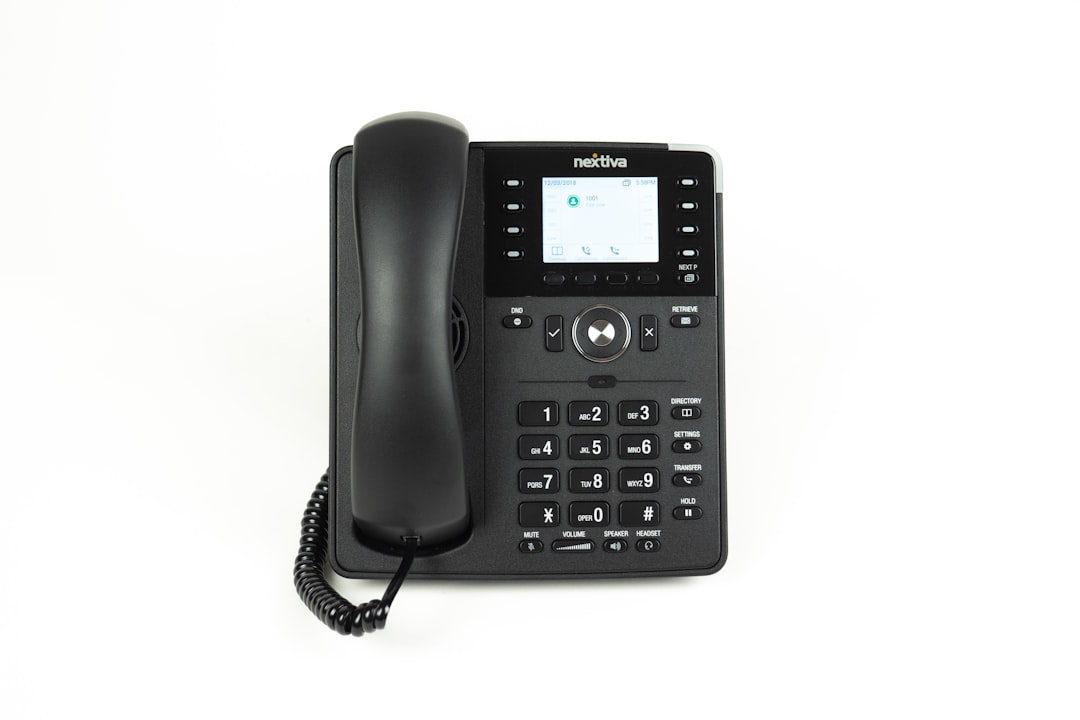Chicago's "Do Not Call" laws protect residents from spam texting, especially by law firms. Compliance is vital for firms to avoid penalties and maintain trust. Regulations restrict promotional texts to registered numbers, empowering consumers to opt-out. Firms must obtain explicit consent through opt-in processes and personalized messaging to comply. Shifting strategies focus on targeted, consent-based communication like content marketing.
Chicago’s stringent anti-spam texting regulations, including the famous ‘Do Not Call’ laws, offer legal safeguards that protect consumers from unwanted messages. This article delves into the key aspects of these regulations, focusing on their impact on both businesses and law firms. We explore compliance strategies for Chicago companies and how these laws have revolutionized marketing practices, especially within the legal industry. Understanding these rules is essential for any Do Not Call law firm operating in Chicago to stay compliant and effective.
Understanding Chicago's Anti-Spam Texting Laws

Chicago’s anti-spam texting laws are designed to protect residents from unwanted and unsolicited text messages, often known as spam. These regulations specifically target marketing and advertising businesses that employ such practices, especially those that promote legal services or law firms. The Do Not Call law firms Chicago rules are a crucial component of these measures, ensuring that citizens can have control over their phone lines and the type of communication they receive.
Understanding these laws is essential for businesses and individuals alike. Chicago’s approach to spam texting involves strict penalties for violators, making it a serious matter. By complying with the Do Not Call regulations, law firms and marketing companies can avoid legal repercussions and maintain consumer trust. This not only safeguards the rights of Chicago residents but also fosters a more transparent and respectful business environment.
Legal Safeguards for Law Firms: Do Not Call

In Chicago, regulations against spam texting, particularly the “Do Not Call” laws, offer significant legal safeguards for law firms. These rules are designed to protect individuals and businesses from unsolicited telephone marketing calls, ensuring a level of privacy and peace. For law firms, adhering to these guidelines is crucial not just to avoid penalties but also to maintain client trust and professional integrity.
Chicago’s Do Not Call laws specifically exclude certain types of calls, including those made with prior express written consent or for purposes such as collection activities, public safety, and messages from non-profit organizations. Law firms must ensure that their communication strategies respect these exemptions to remain compliant. By implementing robust internal policies and utilizing opt-out mechanisms in all marketing efforts, law firms can effectively protect themselves while also respecting the “Do Not Call” regulations specific to Chicago.
Protecting Consumers: Key Regulations Explained

In the bustling landscape of modern communication, consumers often find themselves overwhelmed by unwanted text messages, commonly known as spam. To combat this issue, Chicago has implemented stringent regulations to protect its residents from intrusive and illegal spam texting. These measures are designed to safeguard individuals’ privacy and peace of mind, ensuring that their consent is obtained before receiving promotional or unsolicited texts.
The key regulation focuses on the “Do Not Call” laws specifically targeting law firms. Under these laws, Chicago residents can register their numbers on a ‘Do Not Contact’ list, prohibiting law firms from sending any marketing or bulk text messages. This initiative ensures that consumers are not harassed by unwanted legal promotions and provides a powerful tool for protecting individuals from potentially fraudulent or misleading practices.
Compliance Strategies for Chicago Businesses

Chicago’s regulations against spam texting, designed to protect residents from unsolicited messages, offer a unique set of challenges for businesses. To ensure compliance, companies must adopt strategic approaches tailored to the local landscape. One primary strategy involves gaining explicit consent from recipients before sending any marketing texts. This means implementing robust opt-in mechanisms and maintaining accurate customer contact lists.
Additionally, Chicago’s “Do Not Call” laws extend to text messaging, underscoring the need for businesses to respect individual preferences. Businesses should also avoid sending automated messages en masse without personalizing content where possible. By adopting these compliance strategies, Chicago companies can navigate the regulations effectively while maintaining positive customer relationships and avoiding legal repercussions related to spam texting.
The Impact on Law Firm Marketing Practices

Chicago’s regulations against spam texting have significantly reshaped marketing practices within law firms, prompting a shift away from traditional, unsolicited communication methods. In response to consumer complaints and the growing annoyance associated with unwanted text messages, these rules ensure that legal outreach is more targeted and respectful of individual consent. Law firms now need to prioritize legitimate, permission-based marketing strategies, focusing on building genuine connections with prospective clients.
This change has led to an increased emphasis on personalized messaging, where law firms must obtain explicit opt-in from recipients before sending promotional texts. As a result, many legal professionals are adopting more sophisticated lead generation techniques, such as content marketing, targeted email campaigns, and strategic partnerships, ensuring their marketing efforts align with the Do Not Call laws while still effectively reaching their desired audience.






